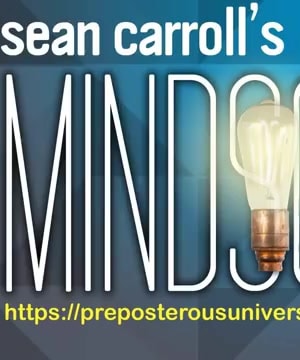Is God compatible with science?
Sources:
The compatibility of God with science is a nuanced topic discussed in various podcasts. Here's a summary derived from these discussions:
-
Non-Overlapping Domains: suggests that science governs statements about the physical world while beliefs about non-physical realities, like a non-intervening God, can be compatible with science. He emphasizes respect for religious beliefs even when they include miraculous interventions, as science primarily addresses the physical world 1.
-
God's Presence in Life: expresses that belief in God isn't due to his scientific work but through personal experience of God's presence. He critiques using God as a "God of the gaps" for scientific phenomena, arguing that God shouldn’t just be invoked where scientific explanations are lacking 2.
-
Quantum Physics and God: The discussion on quantum physics reveals potential spaces ("interstices") for a possibly active role of God without violating established laws of physics. This conception allows room for divine action in natural processes through inherent uncertainties in quantum mechanics 3.
-
Fine-Tuning Argument: talks about the universe's fine-tuning, wherein specific constants allow for life. He argues against using God as a simple explanation for this fine-tuning, asserting that invoking God in this context doesn’t align with science or deeper theological understanding 4.
These points highlight a perspective that while science and belief in God can occupy different domains of explanation, respect and dialogue between the two remain essential. Moreover, concepts like quantum uncertainty offer new ways of thinking about how divine action might be considered in a scientifically consistent manner.
RELATED QUESTIONS-
